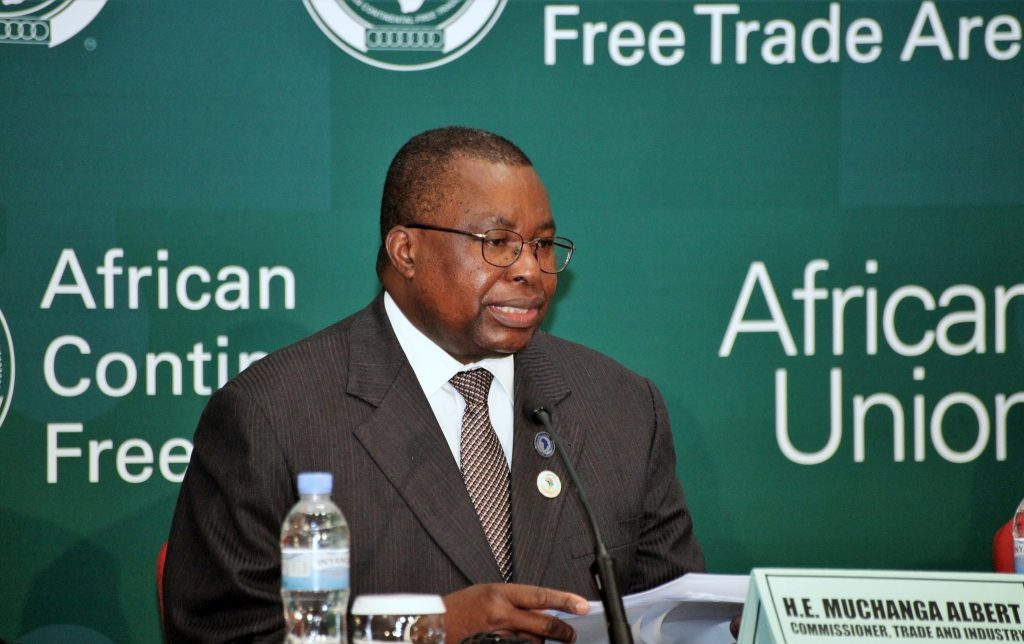Algiers – This Thursday (30) saw the entry into effect of the African Continental Free Trade Area (Zlec, in French, or AfCFTA, in English). Its purpose is to create a unified market for goods and services in the continent, based on the free flow of goods and investment, Algeria’s APS reported.
The free trade area represents a market of 1.2 billion people and a combined Gross Domestic Product (GDP) of USD 2.5 trillion. Its entry into effect hinged on ratification from 22 of the 52 signatory countries, and 24 have done so. Only three of the 55 African Union (AU) countries haven’t signed it. All of the ten Arab countries in Africa are signatories.
According to APS, trade between African countries accounts for 16% of the continent’s overall trade, and for only 2% of global trade. For the sake of illustration, intra-European trade makes up 67% of Europe’s total trade with the world.
The AfCFTA is an AU initiative providing for the lifting of tariffs and other customs restrictions between the bloc’s member countries. In addition to goods, services and investment, the agreement covers intellectual property rights and competition policies.
Tariff and non-tariff barriers will be removed gradually. Tariffs on 90% of goods traded between nations in the continent will cease to be levied, thereby characterizing the agreement as free trade.
Expected benefits include improvement in border checkpoint infrastructure, the easier flow of goods, people and financial resources, and added stimulus to trade through the conflation of fragmented economies in one big integrated market.
APS said a pickup in urbanization is also expected as more investment gets funneled into the continent. The free trade area is part of the AU’s Agenda 2063, a shared strategy geared toward inclusive growth and sustainable development in Africa.
The operational phase in the agreement’s implementation will begin after a summit of heads of AU state and government slated for July 7. Up until then, the instruments that will underpin the plan should all be completed.
According to the AU, those instruments include rules of origin, a tariff reduction schedule, online monitoring of the lifting of non-tariffs, an online payment and dispute settlement platform, and the African Trade Observatory Portal.
African Union Commission Trade and Industry commissioner Albert Muchanga (pictured) tweeted the following: ““Historic milestone! #AfCFTA Agreement has today come into force. We celebrate the triumph of bold, pragmatic & continent-wide commitment 2 economic integration. We launch market on 7 July, 2019 & begin the journey of transformation 2 secure inclusive prosperity. @_AfricanUnion.”
*With information from the ANBA Newsroom. Translated by Gabriel Pomerancblum




